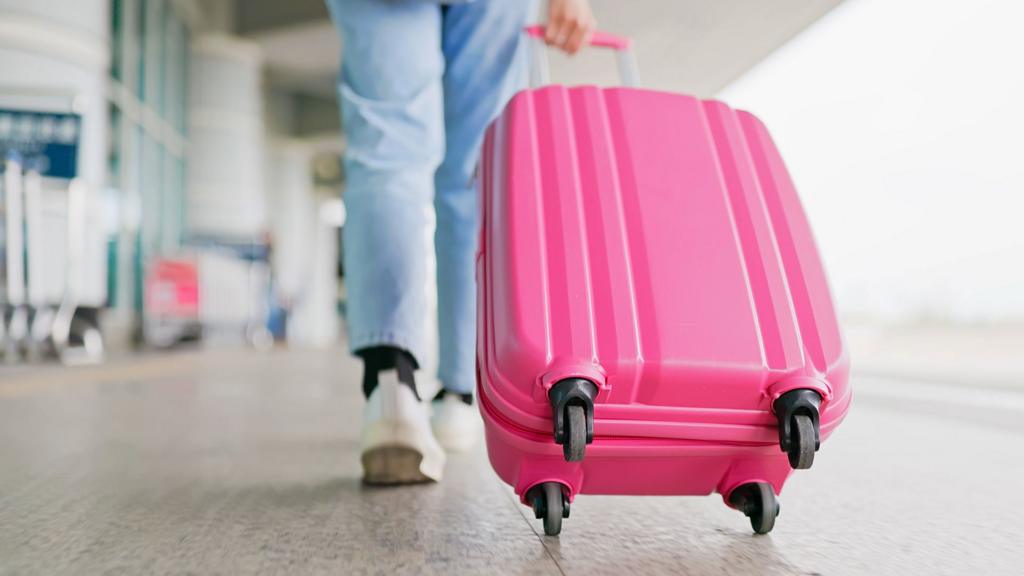Benjamin Till’s holiday to Pisa took an unexpected turn due to stringent baggage regulations. Having meticulously measured a suitcase to comply with EasyJet’s underseat allowance, he arrived at London Gatwick Airport in December 2023 only to discover the airline’s dimensions included wheels, rendering his bag oversized.
Despite his protest, Mr. Till paid a £48 fee. Instructed to remove the wheels for the return journey, he did so, yet faced further complications at the gate. His suitcase remained deemed too large, forcing him to unpack his belongings into a bin bag, an experience he described as “humiliating.”
EasyJet stated that ground crew enforce size limits to ensure safe and secure fitting of bags, and that rules are clearly outlined during booking. However, Mr. Till’s story highlights a common issue: inconsistent and confusing baggage policies among budget airlines.
Airlines vary widely in their size and weight restrictions for hand luggage, with significant fees imposed for oversized bags or upgrades at the gate. This has prompted the European Union’s largest consumer group to advocate for clearer, more consistent regulations.
The EU is considering legislative changes impacting UK passengers traveling to or from EU destinations on EU-based airlines. EU transport ministers recently proposed standardized sizing (40x30x15cm, including wheels and handles) for free underseat baggage, potentially becoming EU law.
While budget airlines maintain their policies comply with existing laws and keep fares low, they face increasing pressure for reform. The proposal, however, remains silent on charges for overhead cabin bags, a point of contention for consumer groups.
Ryanair and EasyJet currently have differing dimensions for free carry-on bags (40x20x25cm and 45x36x20cm respectively, including wheels and handles). The proposed standard aims to clarify a previous EU court ruling on “reasonable” baggage dimensions, but does not address charges for overhead bags, a practice the BEUC deems unacceptable.
Further highlighting the issue, five airlines were recently fined €179m (£150m) in Spain for “abusive” practices, including hand luggage charges. Ryanair claims its policy fully complies with EU law, arguing that including additional carry-on bags in basic fares would increase prices for all passengers.
Airlines for Europe maintains that variable baggage charges offer passenger choice, but consumer experts like Jane Hawkes advocate for universal hand luggage dimensions, stating a standardized approach would simplify the process. The BEUC urges policymakers to define “reasonable” size and weight to minimize disputes.
Ms. Hawkes advises passengers to measure packed bags, as they can expand and exceed limits. She suggests considering airlines that include baggage allowances in their fares. Mr. Till echoes this sentiment, emphasizing the need for standardized underseat bag sizes across all airlines. While grateful for the low airfare, he acknowledges the current system is unfair and highlights the unnecessarily small size limits imposed.

